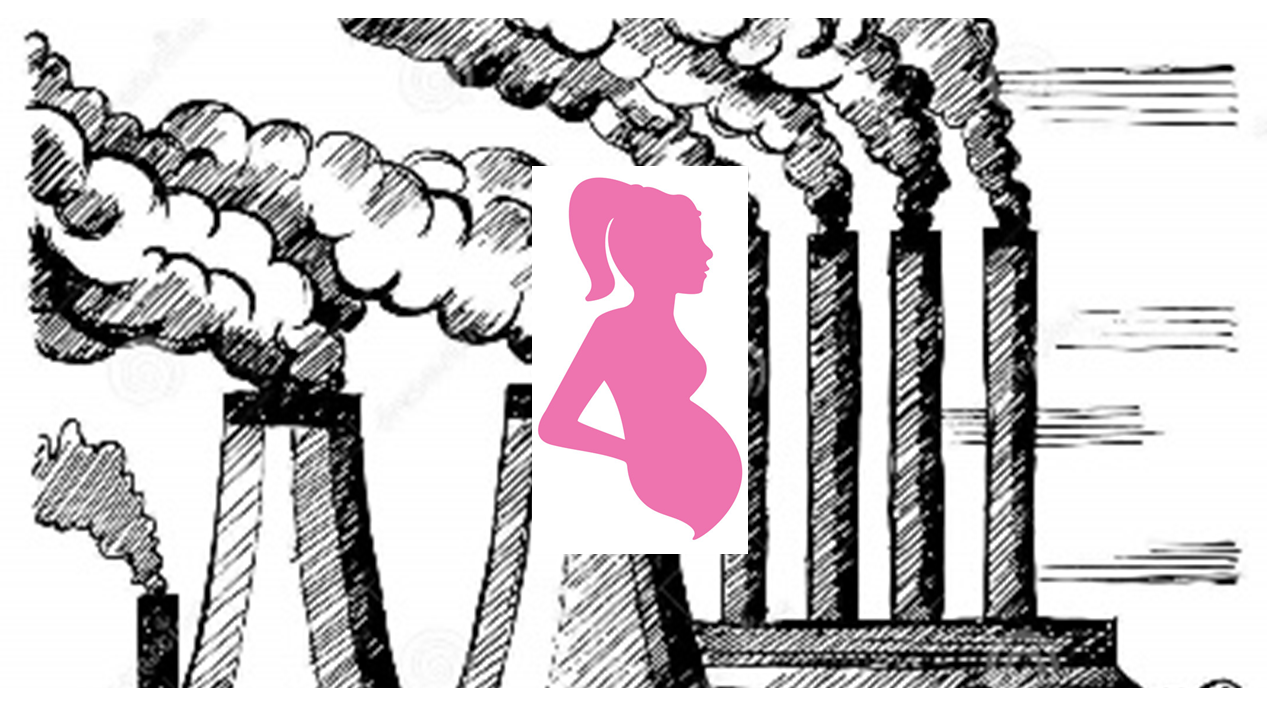Project Background
Utah is the fastest growing state in the US, and Salt Lake County (SLCo) is the most densely populated portion of the state. SLCo periodically experiences the worst air quality in the nation as a result of winter-time cold air pools, wildfires, and dust storms. Air pollution in the region frequently exceeds the PM2.5 24-hour national ambient air quality standard. SLCo is facing increasing air quality burdens associated with its rapidly growing population, the development of Utah's new Inland Port, increasing vehicle miles traveled and transportation emissions, gravel operations, and desiccation of the Great Salt Lake (GSL). Communities in SLCo's northwest (NW) quadrant are disproportionately affected by particle pollution because of their proximity to gravel operations, a mine tailings pond, heavy-duty diesel traffic, and the GSL's exposed lakebed. Left unchecked these impacts are likely to increase, placing additional health impacts on these already over-burdened communities. Communities in the NW quadrant include Poplar Grove, the Beck Street area of Capitol Hill, Westpointe, Rose Park, Fairpark, Glendale, Magna, and West Valley. In January-February 2024, our team will conduct a bilingual English-Spanish phone survey of ~700 residents in SLCo, with an oversample of residents in the NW quadrant. We will also collect data via a parallel online survey at community events. The survey will focus on general air pollution perceptions, perceptions of specific sources of pollution including the GSL, support for policy actions, self-protection actions to reduce exposures, and social-demographic information. Community partnerships will ensure that the survey addresses community needs.
Student Role
We will select two students to work on this survey project (described above). Those students will be involved in the statistical analysis of the newly collected survey data, the preparation of community reports, and the co-presentation of results at community meetings. They will gain skills in data preparation and cleaning, data coding, and statistical analyses using SPSS and/or Stata. They will also learn to create visually appealing and clear tables and graphs to display results for community audiences. They will gain presentation skills by sharing results with different community audiences. While not required, Spanish-language skills are preferred as we plan to prepare reports and present findings in Spanish as well as English. The selected students will work on a research team with a graduate student training coordinator, two faculty mentors: Drs. Sara Grineski (Sociology and ENVST) and Tim Collins (Geography and ENVST), and a postdoctoral fellow (Dr. Malcolm Araos). The student will attend weekly research team meetings and will meet daily with the graduate student training coordinator. The broader research team involves other researchers at the U as well as the project lead at the Utah Department of Environmental Quality. As such, the project creates unique opportunities for students to network with a wide variety of local stakeholders concerned about air quality and environmental justice issues.
Student Learning Outcomes and Benefits
The students will learn a variety of useful quantitative research skills during the summer. Hands-on data skills the students will learn include: data preparation and cleaning; running statistical analyses; interpreting the results of statistical analyses; preparing reports; writing for community and academic audiences; and presenting findings as part of a team. In terms of the content area, the students will learn about air pollution, health effects of air pollution, risk perceptions, and environmental justice. Importantly, the students will also gain skills in conducting team-based interdisciplinary research and professional communication of ideas over email and verbally. Moreover, students will gain familiarity and practical experience using policy-relevant and globally timely concepts related to environmental health, climate change, public policy, and social inequality. Ultimately, the students will develop a greater understanding of the research process, especially in regard to community-engaged and policy-relevant survey research methods.

Sara Grineski
I am a sociologist with training in geography who works on health and environment research. I use a variety of methods to address research questions of interest. My research expertise and contributions fall into several areas • Incorporating Health Outcomes into Environmental Justice (EJ) Research • Intra-ethnic Inequalities • Advancing EJ Methods • Broadening the Scope of EJ Research • Socioenvironmental Disparities in Asthma • Undergraduate Research and Mentoring
The student will be mentored by a team of mentors who share a similar mentoring philosophy. We center hands-on guidance, in-depth written feedback on academic writing, regular in-person contact through weekly meetings, and positive encouragement throughout the research process. The student should expect prompt responses from us. At the start of the summer, the student will create an individual development plan (IDP). After the student has reflected on their strengths, goals, and areas for improvement, we will meet to talk through the IDP and craft goals for the summer and the next academic year. At the end of the summer, we will revisit the IDP with the student and discuss plans for seeing the research through to publication. We have a strong track-record of mentoring undergraduate students in publishing research and plan to continue that with this student. If the student is interested in graduate school, we can help to prepare the undergraduate student for success at the doctoral level. This involves traditional research mentoring, along with coaching regarding selecting potential programs, contacting potential advisors, preparing a short CV, writing a statement of purpose, visiting programs, and negotiating for funding offers.
To learn more about HAPPIEST, please visit here!
